Thinky Awards 2024 Nominee Impressions
2025-02-08 Roundup
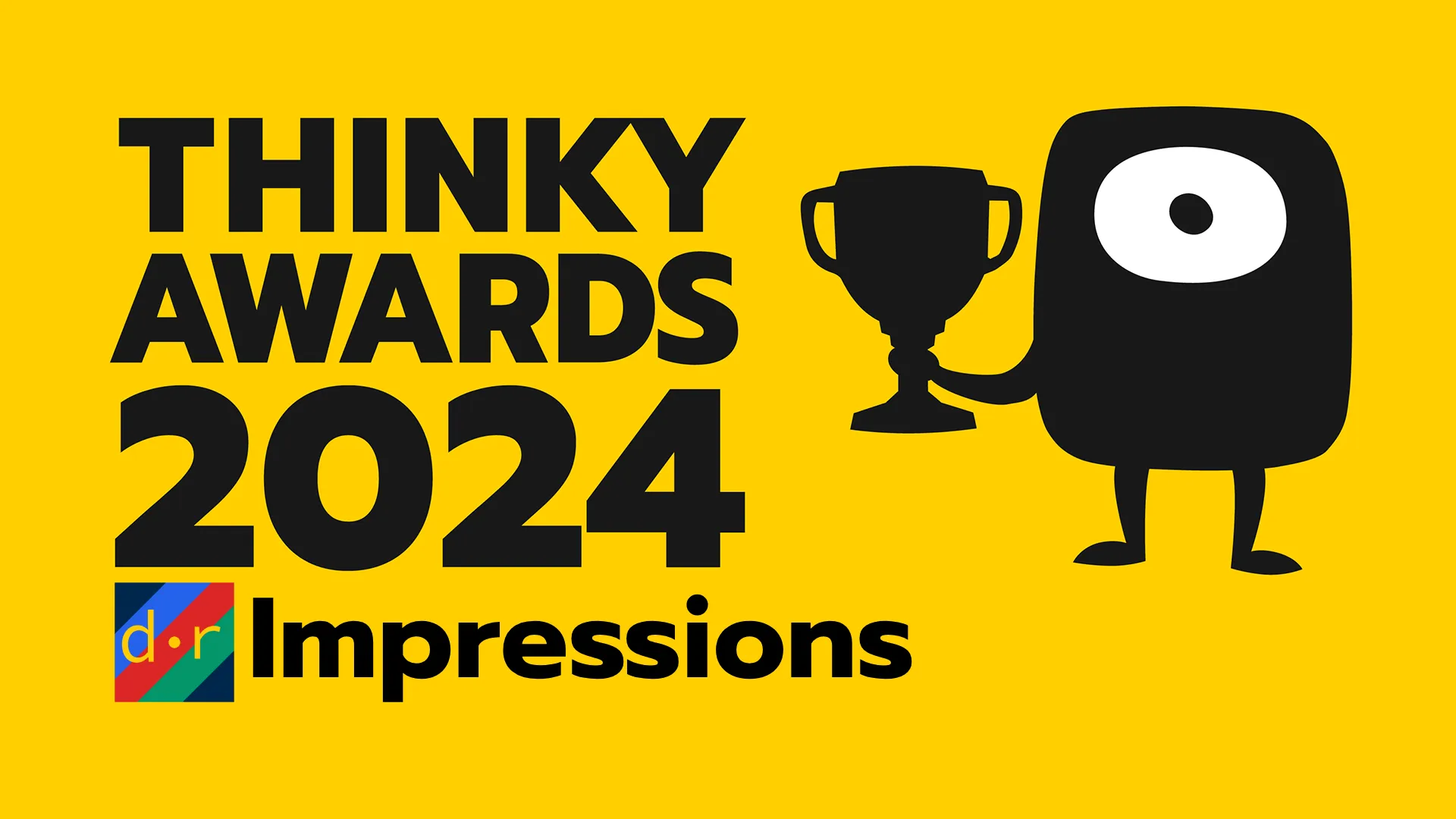
It was my great honor to be a juror for the 2024 Thinky Awards. They showcase the year’s best puzzle games across a variety of categories, such as “Most Innovative”, “Most Accessible”, and of course, “Game of the Year”.
There are tons of awesome nominees and as a juror, I was lucky enough to be sent keys for some of them. Usually I’d write a full article reviewing every game (which is my typical rule when a dev is kind enough to send me a key), but the number of games and the short timeline meant that wasn’t realistic.
Nevertheless, I wanted to make sure I at least acknowledged each game I got to try. For the shorter ones, I played the whole thing and you’ll see my full, scored review. For the rest, I played a few hours and shared some thoughts about if / when / how soon I’ll be revisiting each.
Each one of this year’s nominees did something special or unique and I enjoyed them each in their own way. No matter what sorts of puzzles you go for, there’ll be something here for you!
Proceeding alphabetically:
20 Small Mazes
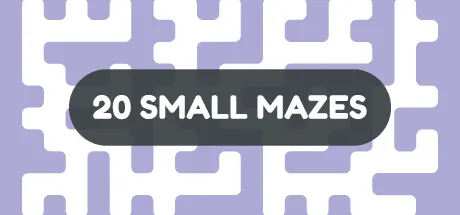
The simplicity of each puzzle meant there was more space to play with the conceit: weird mazes! Doesn't overstay its welcome and never stops experimenting. Great design language too. Just a delight!
Arranger
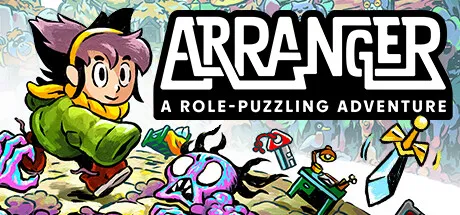
I loved the watercolor art style. Its design is a brilliant integration of Sokoban puzzles and (simple) strategy games. Navigating around the map was a puzzle in and of itself, which was a fun twist. There’s some fun story elements as well, which I’m interested in seeing more of.
Verdict: Will play through!
Bee Magic
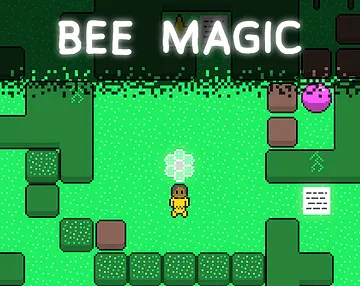
I liked the concept of “use your path to cast spells”. The size of the space affects what you can cast; working effectively in this restriction is the core of these puzzles. After you complete the initial challenge, you’re able to try it again (and again) while using a progressively smaller set of spells. That you can clear the puzzle in so many ways signals some clever design. But, diving back in with additional restrictions didn’t appeal to me, so I dropped it.
Verdict: Neat concept, but probably won’t come back to it.
The Court of Wanderers
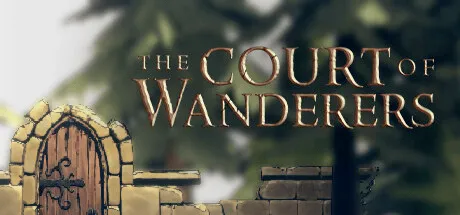
A spartan presentation gives way to surprisingly involved puzzles. Rotating individual item segments quickly yields more interesting situations: rotating rocks, pillars, and the rotators themselves. Even in my short playtime, I hit some puzzles that I thought I solved before realizing there was an extra trick after the fact. I loved that it kept me on my toes, but I’m not interested in an entire game of it. Pleasantly challenging though!
Verdict: Fun and challenging, but unlikely to revisit.
Croquet Conundrum
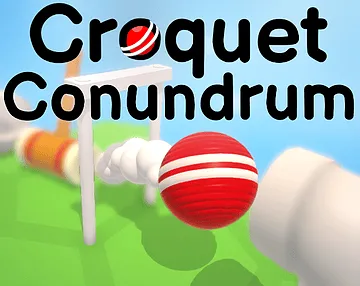
The simplicity of croquet paired with some decently tough puzzles. New twists are introduced slowly, giving me time to really understand how they all worked. Even the hard puzzles felt fair because everything was explained and presented up front. It had a calming art style while being fun and relaxing to play.
Verdict: Would like to revisit.
Cryptmaster
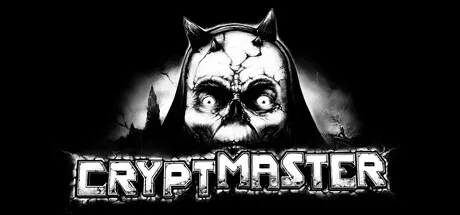
I’m not much for word games, but Cryptmaster’s humor and narration won me over. I liked its simple battle system and truly original design. I may end up playing in turn-based mode, but I really want to see what else it has to offer.
Verdict: Definitely revisit.
Duck Detective
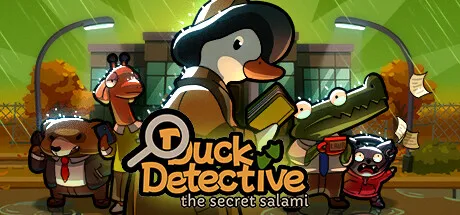
Great presentation: the art, music, and voice acting are really well done. The gameplay itself is decent, but the actual deductions weren't as compelling as I'd have liked. It's a little bit caught between Frog Detective and Golden Idol, too much gameplay to be the former but not enough to be the latter. Fun overall though!
Entwined Time
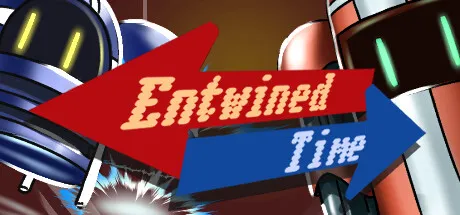
Of all the nominees, I found Entwined Time to be the most mechanically fascinating. You can revert moves, but sometimes doing them in reverse leads to brand new states (e.g. a revert doesn’t always leave you where you started). Being able to revert each robot individually means there’s a lot of design space to explore. It also felt like one of the harder games I tried, forcing you to really understand the internal logic of its motions.
It had the best hint system of any of these games: you could play a simplified version of a level to better understand its key concepts. It also includes developer solutions for everything, so you’ll never be too stuck. There are a ton of levels, but I’d like to play through them at my own pace.
Verdict: Absolutely want to play through, but will probably do it slowly.
Epigraph
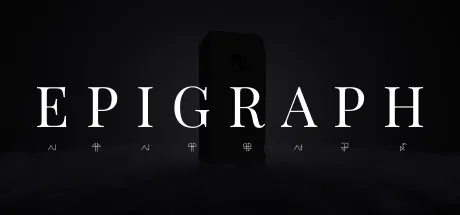
Epigraph isn’t a bad game, but it didn’t really click with me (despite enjoying so many of the games that inspired it). Lots of people like it, so don’t let my low review put you off it if it’s up your alley!
A game for absolute puzzle sickos. You're tasked with translating a ancient language, basically from scratch. It sets you loose without any guidance, which might work for people with backgrounds in linguistics but was frustrating for me. There are some good quality of life features to assist in your translations (being able to define a word once and see that translation everywhere), but I found the game way too hard and undirected.
I Wanna Lockpick
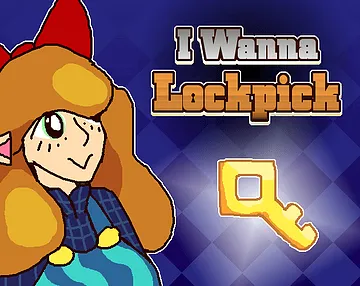
I think Lockpick took the cake for “most mechanics”. The premise is simple: match keys to their matching doors and reach the goal. Before long, there are multi-key doors, multi-color keys, doors that blow up all your keys, ice doors, old doors, and more.
The gameplay itself was decent, but I was spending a lot of time counting keys and being annoyed about the simple platforming. I do want to use the (helpful) “unlock everything” setting to see all the mechanics though, so I’ll probably run through that one afternoon.
Verdict: Fun, but won’t play the whole thing. Want to see the mechanics though, so I’ll warp my way to the ending.
Isle of Sea and Sky
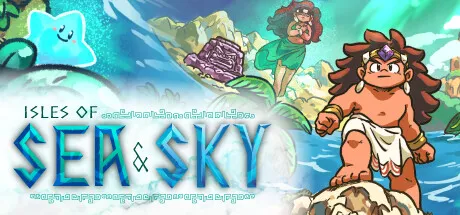
This felt a lot like Animal Well with the platforming replaced with block pushing. I felt the same sense of adventure and exploration as I started to realize how interconnected everything was. There are new powers to find and new puzzles aplenty. The art was nice too.
Verdict: Gotta see more.
Leaf’s Odyssey
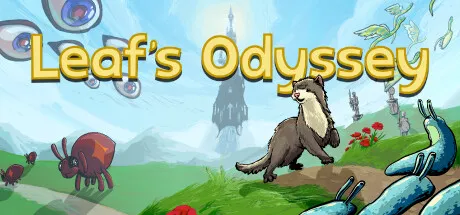
Its simple art belies a tough challenge based on Deadly Rooms of Death. The enemies’ predicable movement patterns allow you to manipulate them to solve puzzles, which I found very clever. There’s a lot of great QoL features, like checkpoints for partially resetting a room and a journal that automatically records new enemy behavior. Each room pushed boundaries for what I thought possible and I loved the feeling of a solution really clicking into place.
Verdict: Likely to revisit.
Leap Year
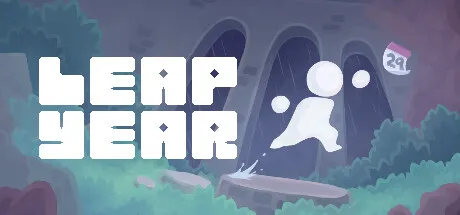
A short, clever little puzzle platformer. Your jump is high enough to kill you from fall damage, so you have to navigate its intricately designed rooms with care. Each room's solution feels so obvious in retrospect, which feels like the mark of a good puzzle: it's staring you in the face the whole time. Has plenty of little secret pathways to discover.
Paper Trail
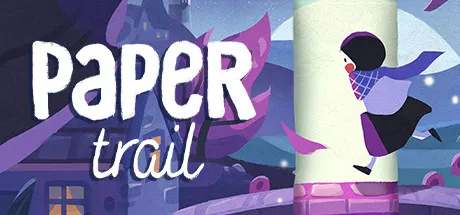
Beautiful art and a reasonably interesting story paired with an interesting paper folding mechanic. The only problem was, I didn’t find the puzzles all that fun. I liked the idea of them, but the actual execution felt a little tedious. It had the bad luck of being played alongside some really top-tier puzzle games, which I think hurt it by comparison.
Verdict: May eventually revisit.
Reliquia Park
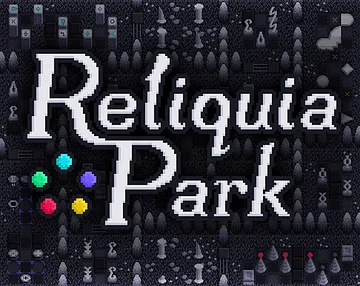
What seems like a bog-standard block-pushing game quickly gives reveals itself to be a fascinating “metroidbrania” (a portmanteau of the Metroidvania genre and games where progression comes from learning new puzzle mechanics). The game is totally stateless — you record passwords as you progress and can teleport anywhere you’ve got a code for. I was intoxicated by slowly learning the rules for each area’s mechanic,and I can’t wait to dive back in.
Verdict: Absolutely going to play.
Robot Detour
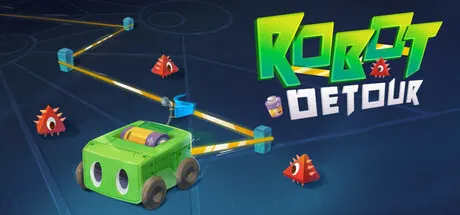
Clever little puzzle game. Explores its mechanics well and has a pleasant presentation and design. Doesn't overstay its welcome and gets pretty tricky, especially towards the end. Great for what it is!
Slider
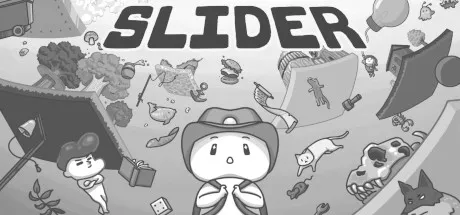
I loved the sliding 15 puzzle as a kid and it’s great to see that same premise applied to an entire game world. Despite its simplistic graphics, I was immediately charmed by the characters, music, and inventive interactions that happen while sliding the world around.
Verdict: Certainly revisit!
Star Stuff
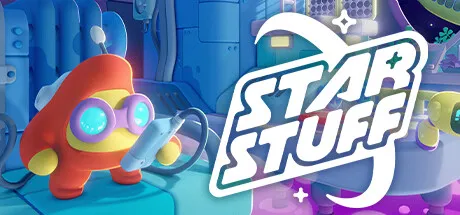
One of the most accessible programming games I’ve ever played. You write short instructions for your robot companions and interleave your actions with theirs to reach each level’s goal. The developers took great care to make debugging simple. The art style is friendly and bubbly, plus there’s a little story. It did everything well and I plan to see the rest of it when time permits.
Verdict: Excited to revisit.
Wilmot Works it Out
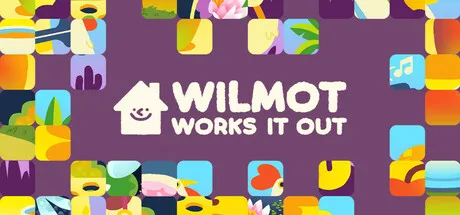
I enjoyed Wilmot’s Warehouse and was excited to see their next foray into zenlike organizational games. This time around it’s jigsaw puzzles, which is a great fit for this relaxing yet engaging experience. The art is cute and the writing helped us connect with the punctual mail person. I sort of miss the upgrade system, but I think the more casual experience fits their vibe better.
Verdict: Will finish!
Other Nominees
Throughout the year, I also played (and reviewed) the following nominees:
- Against the Storm
- Animal Well
- Balatro
- Botany Manor
- The Rise of the Golden Idol
- Tactical Breach Wizards
Conclusion
That’s it! A big thanks to Joseph from Thinky Games for reaching out and to all the nominees for releasing such compelling games.